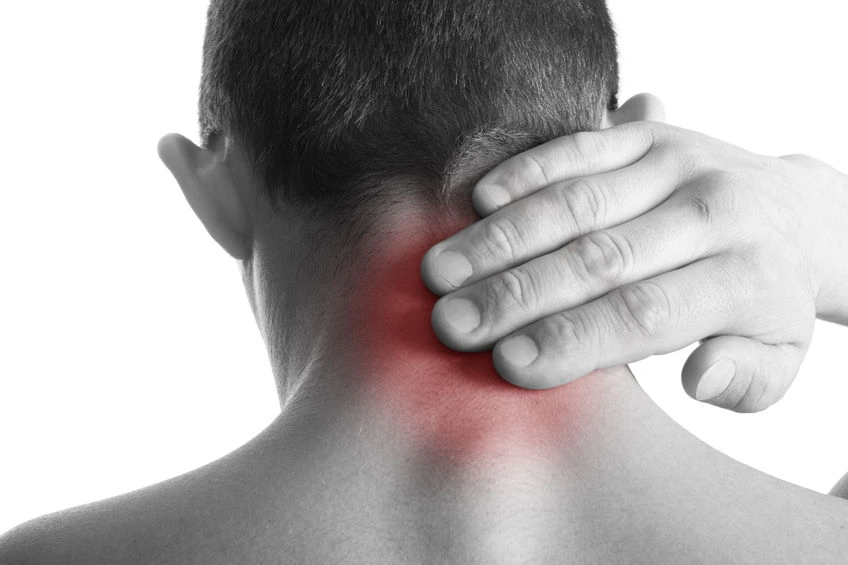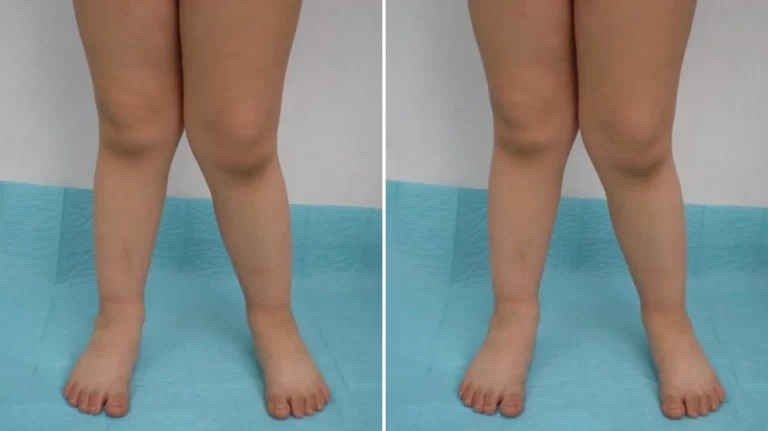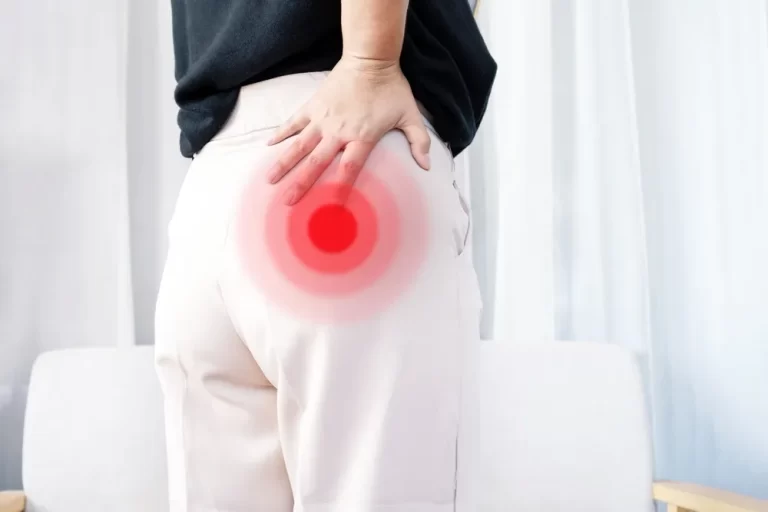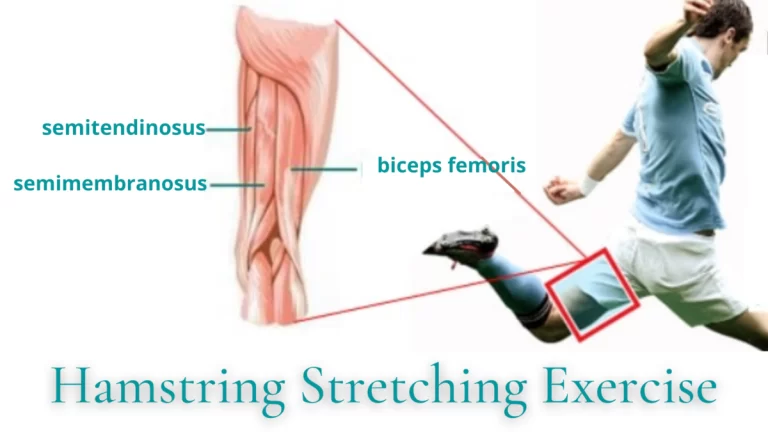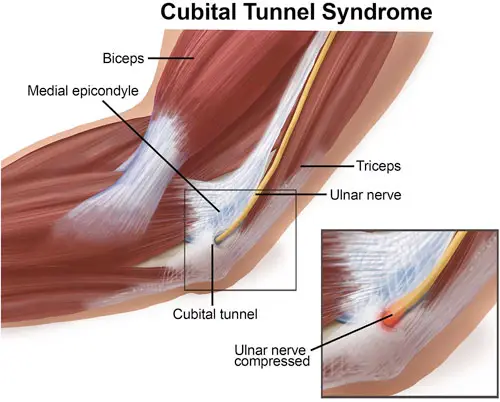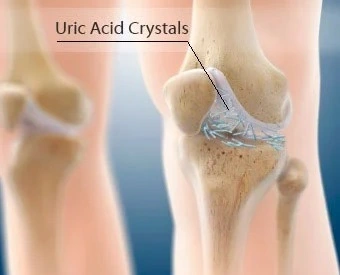Neck Muscle Soreness
What is a Neck Muscle Soreness?
Neck muscle soreness is a common condition that can affect people of all ages. It is characterized by pain, stiffness, and tenderness in the muscles of the neck. The pain may range from mild to severe and may be accompanied by headaches, dizziness, or difficulty moving the neck.
The most common cause of neck muscle soreness is overuse or strain. This can occur from activities such as sitting at a computer for long periods, sleeping in an awkward position, or doing repetitive activities that involve the neck and shoulders. Poor posture can also put extra strain on the neck muscles. This can lead to pain and stiffness, especially in the upper back and shoulders.
In some cases, neck muscle soreness may be caused by an injury, such as whiplash. Neck muscle soreness can also be a symptom of an underlying medical condition, such as osteoarthritis, rheumatoid arthritis, or a pinched nerve.
How does a sore neck appear?
A neck ache is a frequent illness that has several potential causes. Most people will probably experience it at some time in their life.
Most trouble with the neck goes away on its own within a few days. Rarely is it an indicator of a more serious issue.
Which signs are associated with neck pain?
Neck discomfort frequently travels to the shoulders or upper back. It frequently results in headaches. Muscle soreness might be really bad if you hold your head steady for a long time, such as when using a computer.
Neck discomfort might sometimes happen in addition to muscle stiffness or spasms. Additionally, you could have trouble turning your head.
You could also have a neck injury in addition to:
- Dizziness
- Nausea (feeling sick)
- Pins and needles or numbness
- Weakness
- Changes to your vision or hearing
- Problems concentrating
- Difficulty swallowing (dysphagia)
Neck pain has various types and causes
The majority of people have neck discomfort for many of the same causes as low back pain. The great majority of people experience common muscular pains and aches. Corresponding The heavy bowling ball on top must be supported by the neck.
The most typical neck pain causes and symptoms are listed below:
- Aches and pains in the neck and shoulders can be brought on by overuse or prolonged physical or mental stress. Trigger points, or firm knots that are painful to the touch, can form in the neck muscles.
- Muscular spasm: The neck muscles are abruptly and firmly tightening. You could experience pain in your neck and a tight, knotted feeling, making it difficult to turn your head. It is most likely a muscular spasm that caused your uncomfortable, stiff neck when you woke up. muscular spasms can be the consequence of a muscular injury, but they can also happen as a result of mental stress, spinal disc or nerve problems, or even muscle injuries.
However, the cause is frequently obscure.
- Headache: The back of the head and upper neck are where neck-related headaches are most frequently felt, and they are typically brought on by muscular stress or spasms. Instead of being intense, neck-related headache pain is often dull or painful; the neck may also feel tight or sensitive. Your neck pain increases as you move.
- Aching facet joints: Pain in the facet joints, which are a portion of the neck’s vertebrae, is frequently characterized as being deep, sharp, or agonizing. It usually becomes worse if you bend your head towards the side that is bothering you and may spread to your shoulder or upper back. Like in other places, facet joint arthritis may feel worse in the morning or following a period of inactivity.
- Discomfort in the nerves: Pain that is caused by irritation or pinching of the spinal nerve roots may be acute, brief, severe, or accompanied by pins and needles. The pain may radiate down the arm or even into the hand, depending on the nerve that is affected.
- Chronic pain: Referred pain is pain that develops in one area of the body as a result of an issue in another area. For example, neck pain that becomes worse when you exert yourself can be a sign of a cardiac condition, whereas neck pain that gets worse when you eat could be the result of an esophageal issue.
- A bony ache: Compared to neck discomfort caused by soft tissues, pain and tenderness in the cervical vertebrae are far less frequent. Because it may be an indication of a more serious health issue, bone pain requires medical treatment.
Rarer reasons for neck soreness include
- Neck nerves, spinal cord, or vertebral body damage
- A compressed nerve (cervical radiculopathy)
- An infection
- Osteoporosis-related bone damage or fractures
- Cancer
- Meningitis
- Arthritis
When should I visit my physician?
A doctor should be consulted if:
- The pain is quite severe.
- The feeling of pain is intensified.
- You get a fever, sweats, or chills after a week or so if the pain doesn’t go away.
- You get tingling, numbness, or pins and needles in your arms or legs.
- Your arms or legs are weakened.
- You begin experiencing issues with your bowels or bladder.
How is neck soreness identified?
A medical professional can typically determine the reason for neck discomfort based on a patient’s medical history and physical examination. Prior to treating neck discomfort, a doctor will rule out any significant underlying conditions, such as cancer, infection, myelopathy, or strain on the spinal cord.
- Medical history: Your doctor will inquire about any herniated discs or other neck injuries that could have resulted in whiplash. They could inquire as to your job or other activities that might put a strain on your neck. They will inquire about your discomfort, including when and where it first
Where it happens, how severe it is, and how long it lasts?
Bodily examination Your healthcare professional will examine the alignment of your head and neck as well as your neck’s range of motion. Your neck and supporting muscles will be probed to feel for soreness and indications of tension.
In most cases, imaging studies are not required to determine the cause of neck discomfort. Even so, a medical professional could take pictures of the interior of your neck if they think you’ve had a catastrophic injury or if your discomfort is very bad and not getting any better:
- X-rays: X-rays may reveal difficulties with your bones or soft tissues that are contributing to your neck pain. A cervical alignment problem, a fracture, a slipped disc, and arthritis can all be shown on an X-ray.
- Magnetic resonance imaging (MRI): An MRI can reveal issues with your soft tissues, bone marrow, spinal cord, and nerves. It can show symptoms of infection, slipping discs, and tumors like cysts or tumors that may be causing neck discomfort.
- Computed tomography (CT) scan: If an MRI is not available, a CT scan may be performed. It could reveal bone spurs and degradation markers.
In exceptional circumstances, your doctor could request further testing, such as:
- Electrodiagnostic tests: These exams look at how your muscles react and how well your nerves function. When an MRI is not appropriate, tests may also include nerve conduction investigations and, very rarely, a myelogram.
- Lab testing: These tests can assist your doctor in determining neck pain reasons other than musculoskeletal problems, such as infections, rheumatic diseases, or cancer. A complete blood count (CBC), a urinalysis, and indicators of inflammation are a few of the tests available.
How to get rid of neck soreness?
If you are experiencing neck muscle soreness, there are a number of things you can do to relieve the pain and stiffness:
- Rest
- Heat or ice
- Over-the-counter pain relievers
- Gentle stretching
- Massage
- Improved posture
- Ergonomic workstation
There are several further similarities between the treatments for neck and lower back pain. After using rest, ice, and heat to reduce the first, severe pain, perform light stretches and strengthening activities. Avoid improper posture and other behaviors later on that might lead to another neck pain emergency.
Regular neck discomfort from strain and sprain has a variety of causes. The strong muscular contractions known as spasms, which are brought on by muscle tension, are likely to be the source of your neck crick if you awaken with it. In contrast, a sprain affects the ligaments, the firm tissues that bind bones together. As an alternative, tendinitis can be brought on by an irritated tendon, the tissue that connects muscles to bones.
Most frequent flare-ups of neck discomfort can be treated with simple self-care:
- Use cold to decrease inflammation and numb early, acute discomfort.
- For mild to severe pain, use over-the-counter painkillers. These include nonsteroidal anti-inflammatory medicines (NSAIDs), such as ibuprofen (Advil, Motrin), naproxen (Aleve), or aspirin, as well as acetaminophen (Tylenol, generic brands).
- To relieve your discomfort and give your sore muscles and tissues a break, use a neck collar for brief periods of time. Collars have a negative reputation due to people abusing them excessively and developing weak muscles, but when used carefully, they may be highly beneficial.
- After a day or two, as the acute pain subsides, apply heat – either with a heating pad or by using a warm whirlpool bath if one is easily available.
- A transcutaneous electrical nerve stimulation (TENS) device disrupts the pain signal by applying a little electrical current to the skin close to the nerves. Never use a TENS unit without first speaking with a doctor.
- Steroid injections: A shot given close to the nerve roots might lessen pain and inflammation.
- Alternative therapies: Your doctor can suggest massage to assist in loosening up tight muscles causing your discomfort or acupuncture to ease pain. To correct your spine, you could visit an osteopath or chiropractor.
- Surgery: The majority of neck discomfort reasons don’t call for surgery. However, if one or more of your spine’s vertebrae have moved out of position or are pressing on your nerves, you could require surgery.
You might need to work with a spine or pain expert if your pain is severe. If your neck muscle soreness is severe or does not improve with home treatment, see a doctor. They can rule out any underlying medical conditions and recommend further treatment options.
Neck discomfort stretches and exercises
Although the evidence for this is not conclusive, stretching and strengthening exercises for the muscles of the neck, shoulder, and upper back might hasten healing from a severe neck illness and may even help to prevent flare-ups. For supervised therapeutic activity, It is advised to visit a physical therapist.
What the therapist may provide is as follows:
- Exercises including isometric and range-of-motion will probably be used in therapy. An opposing force, such as your own hand, is what you “push against” when you engage your neck muscles in an isometric workout.
- Stretches that increase the range of motion aim to gradually loosen and lengthen the neck muscles.
- Physical therapists can provide additional therapies that, while not supported by research trials, appear to provide comfort and relaxation for certain patients. High-frequency sound waves can be used to treat painful tissues with ultrasonography as one alternative.
- A physical therapist can also use traction, which involves gently stretching the neck muscles using their hands or other tools. To do neck traction at home, you may also obtain equipment with a prescription, but be sure to carefully follow the therapist’s instructions.
Can neck discomfort be avoided?
You may take action to stop neck discomfort brought on by strained muscles and tension.
- Maintain proper posture: Place your phone and other electronic gadgets so you don’t have to hunch over or strain your neck to use them. To prevent straining your neck when sitting, keep a straight back and aligned shoulders. Set your car’s seats so that you may drive with good posture.
- Reposition yourself in bed: When you’re sleeping, keep a straight posture. If you like sleeping on your back or side, use a pillow that supports your head so that your head and neck are in line with the rest of your body. Put a cushion beneath your knees if you prefer to sleep on your back to relieve additional strain on your lower back. Avoid sleeping with your head bent when on your stomach.
- Remain active: Many of the same activities that are used to treat neck discomfort can also be used to prevent it. If your line of work requires you to remain seated for lengthy periods of time, take regular breaks to stretch your entire body, including your neck muscles.
- Avoid bearing a lot of weight on your shoulders: Avoid slinging large items over your shoulder, such as luggage or book bags. Consider making use of rolling backpacks or bags as an alternative.
- Work on the muscles that extend your upper back: As you get older, it’s common to decrease upper back strength. Thus, your shoulders sway forward, and your head tips forward in front of your spine. This position will cause extra strain on your neck and upper back.
The exercises listed below can help to develop your upper back extensor muscles:
- Scapular squeezes: Squeeze your shoulder blades together ten times.
- Push-ups while standing: Do 10 push-ups in a doorframe, extending your shoulders past your hands.
- Theraband rowing: Wrap the center section of the theraband around a doorknob to make it more durable. Standing, grab one end with both hands. Ten times, pull your hands in towards your waist.
- The best way to prevent neck pain is to have strong muscles and a flexible spine. This may be achieved by engaging in daily, 30-minute exercise routines. As the day goes on, be sure to stretch often.
- It’s critical to practice excellent posture, especially whether seated, at work, or behind the wheel. Avoid slouching or sticking out your chin. Additionally, it’s essential to use a firm cushion to prevent neck strain.
Complications of neck soreness
There are times when suffering persists. Chronic or persistent pain may linger even after the primary problem has been cured. If this happens, you could require help in dealing with the potential emotional, social, and environmental problems that are causing your pain.
Consult your doctor if you have chronic or severe pain.
Overview
A pain management program may be helpful if your neck discomfort persists despite therapy and interferes with your daily activities or possibly even your mood. These courses emphasize superior long-term self-management practices and coping skills.
They won’t get rid of the pain, but they should help you live a better life despite it. A team of healthcare specialists, including physicians, physiotherapists, psychologists, and occasionally nurses, occupational therapists, and other specialized clinicians, administer pain management programs, which are often outpatient group sessions.
Talk to your doctor; if they believe you may benefit from a pain management program, they may be able to recommend you.
FAQs
How do you heal a sore neck muscle?
Cold and heat treatment
Neck discomfort can be quickly eased by using cold packs or heating pads. While cold reduces inflammation, heat relaxes tight muscles. You can switch between the two for 20 minutes a few times a day for optimal effects.
What does it mean when your neck muscles are sore?
Neck pain is typical. The neck muscles might get sore from bad posture, such as slumping over a workbench or hunching over a computer. Another typical factor contributing to neck discomfort is osteoarthritis. Rarely, neck pain may lead to a more serious condition.
How long do sore neck muscles last?
After an accident, neck discomfort frequently gets worse for a day or two before beginning to feel better. Before the pain and stiffness start to subside, you can experience them for a few days. This was expected. It might take a few weeks or longer to fully recover.
Should I massage sore neck muscles?
Should I have a massage or physical therapy for my neck pain? Yes, Acute neck discomfort might be less severe and the muscles can relax by receiving massage therapy. Even once the extreme pain has subsided, relying alone on massage treatment is unlikely to address the underlying issues.
Is a sore neck serious?
Unimportant advice If neck stiffness or discomfort does not subside after a few weeks, consult a doctor. Ibuprofen and paracetamol have not relieved the discomfort. You’re anxious about the discomfort. There may be something more severe going on if you also experience additional symptoms like pins and needles or cold sensations in your arm.
What can I do to recover from a neck strain more quickly?
The fastest treatments to reduce neck stiffness often involve applying gentle heat, stretching, and over-the-counter pain relievers. Improve your lifestyle by achieving and maintaining a healthy weight to relieve and avoid neck discomfort over the course of time.

